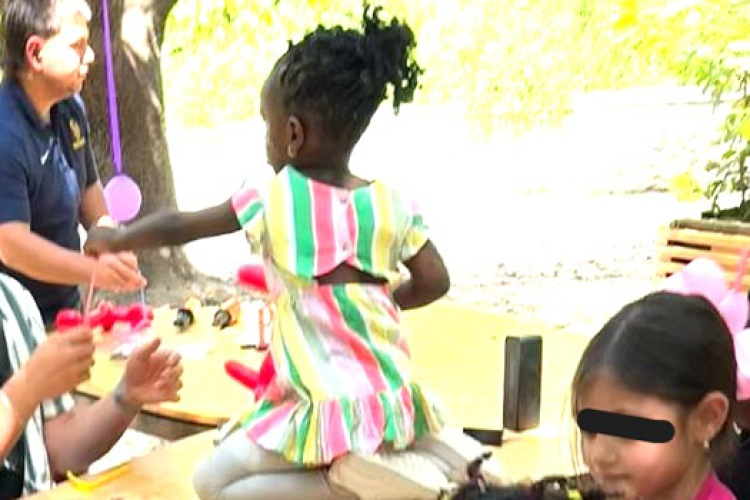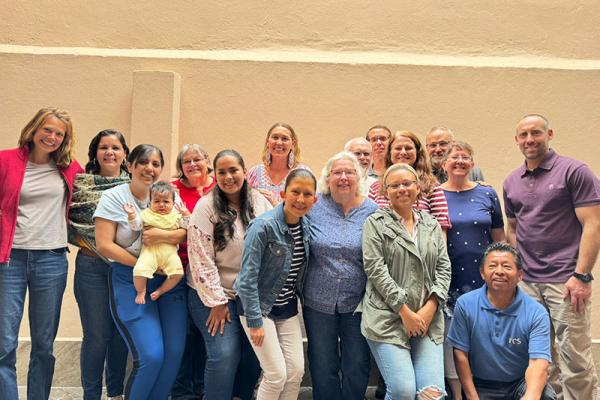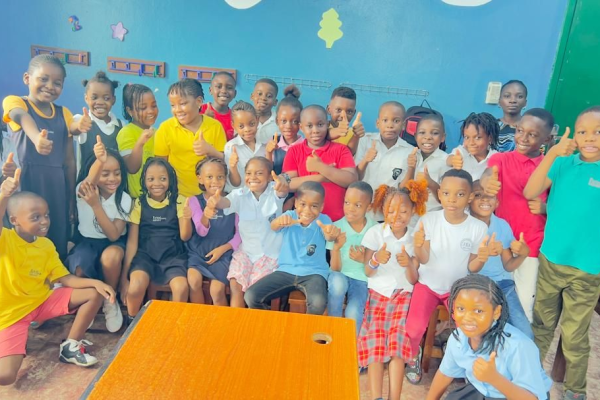Every Day Is World Refugee Day: A Call to Love Like Jesus Reflections for World Refugee Day: June 20, 2025

Refugees are not just a topic for the news or international policy. They are close to God’s heart and deeply connected to both the history of our faith and the mission of the Church today.
From the very beginning of the biblical story, God’s people have known what it means to be displaced. Abraham was called to leave his homeland (Genesis 12:1). The Israelites were strangers in Egypt (Exodus 1:1–11). And let us never forget that our Lord Jesus Himself was a refugee. As a baby, He fled with Mary and Joseph to Egypt to escape Herod’s deadly wrath (Matthew 2:13–15).
So, when we speak of refugees today, we are not speaking of strangers—we are speaking of neighbors. Of those Jesus calls us to love. “For I was hungry and you gave me something to eat, I was thirsty and you gave me something to drink, I was a stranger and you invited me in…” (Matthew 25:35, NIV).
All around the world, in the shadows of war, poverty, and persecution, people are on the move—searching for safety, dignity, and a future. Their stories echo through refugee camps, crowded cities, and makeshift shelters. And we, as the hands and feet of Christ, are called to respond.
In every region where we work, we hear their cries. These are not cries of strangers. They are the cries of Jesus, calling out from the margins (Proverbs 31:8-9). Their needs begin the moment they are displaced, but they often extend far beyond the headlines and the cameras—lasting for months, even years.
One of the most pressing needs among refugees is access to education. Education is not just a privilege—it is a lifeline. It is a means of healing, hope, and transformation. Yet, the statistics are sobering:
- Nearly half of the world’s 14.8 million school-aged refugee children are currently missing out on formal education, risking their future prosperity and the attainment of global development goals.
- Only 65% of refugee children are enrolled in primary school, compared to a global average of over 90%.
- Just 42% of refugee adolescents attend secondary school, and a mere 7% have access to tertiary education.
These disparities are not just numbers—they represent lost potential, broken dreams, and a generation left behind. But as followers of Christ, we are called to be agents of change and transformation. We are called to provide not just for the physical needs of refugees but also to nurture their minds and spirits through education.



